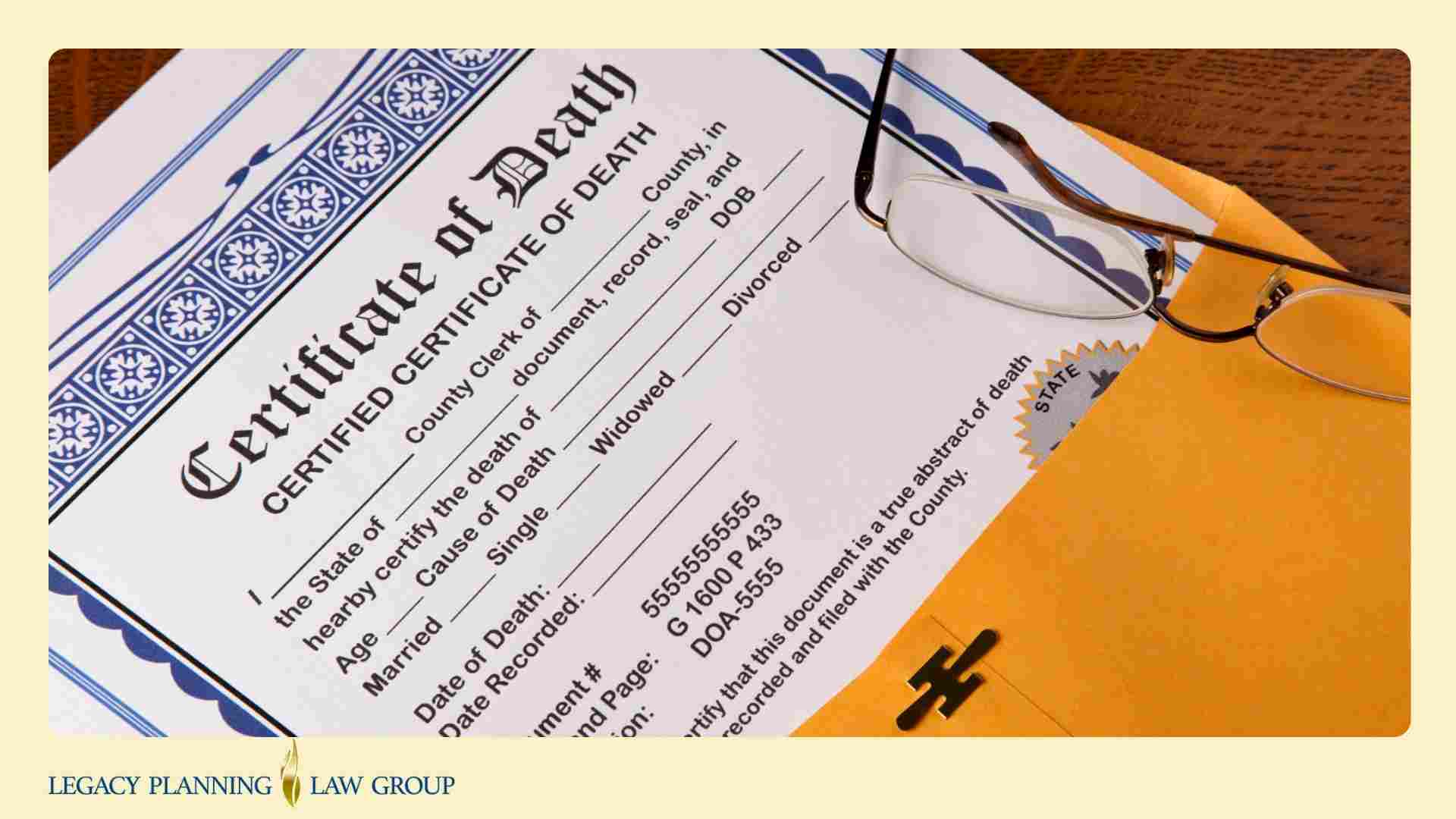Even with a surviving spouse, probate may still be required—especially if assets are solely in the deceased’s name. Learn the key differences between wills and trusts, and how a revocable trust can help families in Jacksonville avoid probate and protect their loved ones.

Probate is the legal process whereby a deceased person’s estate is going to be administered and ultimately overseen by probate court and judge. Probate is started when an individual files a petition for probate in the state’s probate court system. The petition is normally filed by the executor, which is now known as a personal representative (PR), of the deceased’s will or by a member of the deceased’s family. The person filing the petition must also file the original last will and testament and a copy of the certified death certificate.
Jacksonville Estate Planning Attorney Bill O’Leary Esq. explains the functions of probate and some specific details of Florida probate in his video including:
- Is the will authentic and valid?
- Who are the proper heirs?
- What are the assets in the estate?
- Who are the unpaid creditors and are their claims valid?
- What process will be used to distribute the assets to the heirs?
In the initial hearing, the probate court appoints the PR for the deceased’s estate. This individual is responsible for distributing the deceased’s estate to the proper beneficiaries, among other administrative duties. Read our article How Does Court Choose an Executor if a Will Isn’t Available? if you’re curious about what happens when the deceased did not leave a will.
The court grants the PR with Letters Testamentary (or Letters of Administration), which gives the PR the authority to pay bills, sell assets and perform other tasks, says Investopedia’s recent article, “What Is Probate Court?”
The PR will then notify those to whom the deceased owed money (creditors), notify beneficiaries, inventory the deceased’s assets, pay outstanding bills, sell assets if necessary to pay what’s owed, pay taxes and file a final tax return.
Once this is done, the PR distributes the remaining assets to the beneficiaries, according to the will.
The probate court oversees the PR’s activities and addresses any issues that may come up. The PR normally must give an accounting of exactly how the estate was handled. Once the court approves this, it closes the probate process.
If a person dies without a will, the probate court distributes their assets to their next of kin, according to Florida’s probate laws. This is known as the law of intestate succession. This sets out the distribution of assets between surviving spouses, children, grandchildren, siblings, parents, aunts, uncles, and other relatives.
At a probate court hearing, the judge will detail the PR’s responsibilities under the will, including contacting any beneficiaries and creditors, appraising the deceased’s assets, and paying any outstanding creditors and taxes.
At the second court hearing, the judge will typically verify that these items have been completed and then close out the estate, so that the transfers of money and other assets in the estate may commence.
Have you recently been appointed as a personal representative or experienced the loss of a loved one in the Jacksonville area? Wondering how to manage all of these processes? Schedule a discovery call with Team Legacy so that we can help guide you and your loved ones through this challenging time.



